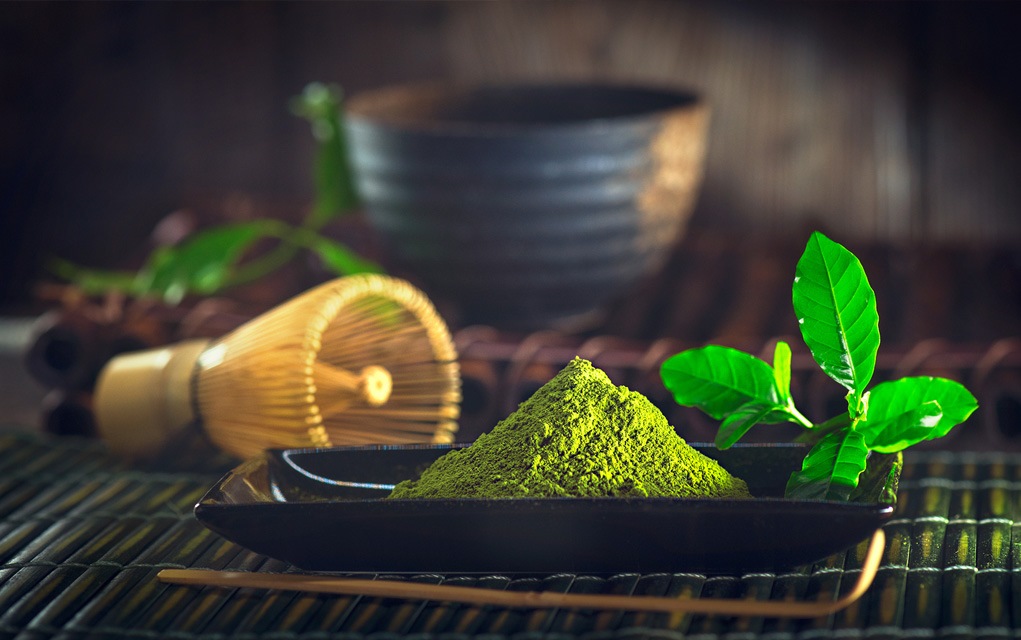Matcha was such a huge food trend a couple of years back and it has proven its resilience by continually being present in various menus all over the world. People go gaga over matcha for its health benefits, however, the term “matcha” is so loosely used. What is real matcha and how is it different from green tea?
The Differences
Green tea and matcha both come from the Camellia Sinesis plant. Both are made from the leaves of the said plant but the difference lies in how each tea is treated and processed at the final stages. Green tea is made from the leaves and partially some stems and veins of the Camellia Sinesis plant.
Green tea itself is packed with antioxidants, flavonoids, polyphenols, and catechins. It also gives us that caffeine kick when coffee is not an option.
Matcha, on the other hand, has all the mentioned benefits of green tea but in higher concentrations. Here’s a quick rundown:
Compared to green tea, matcha has:
- 3x more Catechins (a flavonoid that helps in regulating blood cholesterol)
- 4x more L-Theanine (helps lower stress levels by inducing a relaxing effect without drowsiness)
- 2x more caffeine
- 32x more vitamin C
Matcha also has a deeper green color similar to wheatgrass. This is due to the fact that, with matcha, the tea plant is covered and kept under a shade to help keep most of the chlorophyll of the plant instead of it being used as energy for photosynthesis to take place. The result? Matcha retains much of the cholorophyll, hence the difference in color between that and green tea powder.
The Confusion
Unfortunately, restaurants and other establishments do not know what the difference is between green tea and matcha. This results in sometimes calling green tea powder matcha when it is not exactly matcha. Now that you know the difference between green tea and matcha, you can choose real matcha when available. You can also ask, when being offered matcha, if what you are being given is true matcha.
Lastly, keep in mind that just because a particular drink or food item has matcha, it does not automatically negate the other ingredients effects to the body.
For example, matcha ice cream will still get you fat from the sugar and full cream milk, same goes with matcha milk tea that is mixed with non-dairy creamer (a known food item that has partially hydrogenated oils that can raise your bad cholesterol levels).
Bottomline, although matcha is really good for you, remember that if matcha is the only good ingredient in the food your are eating, the benefits are outweighed by the disadvantages to your health.







.png)

